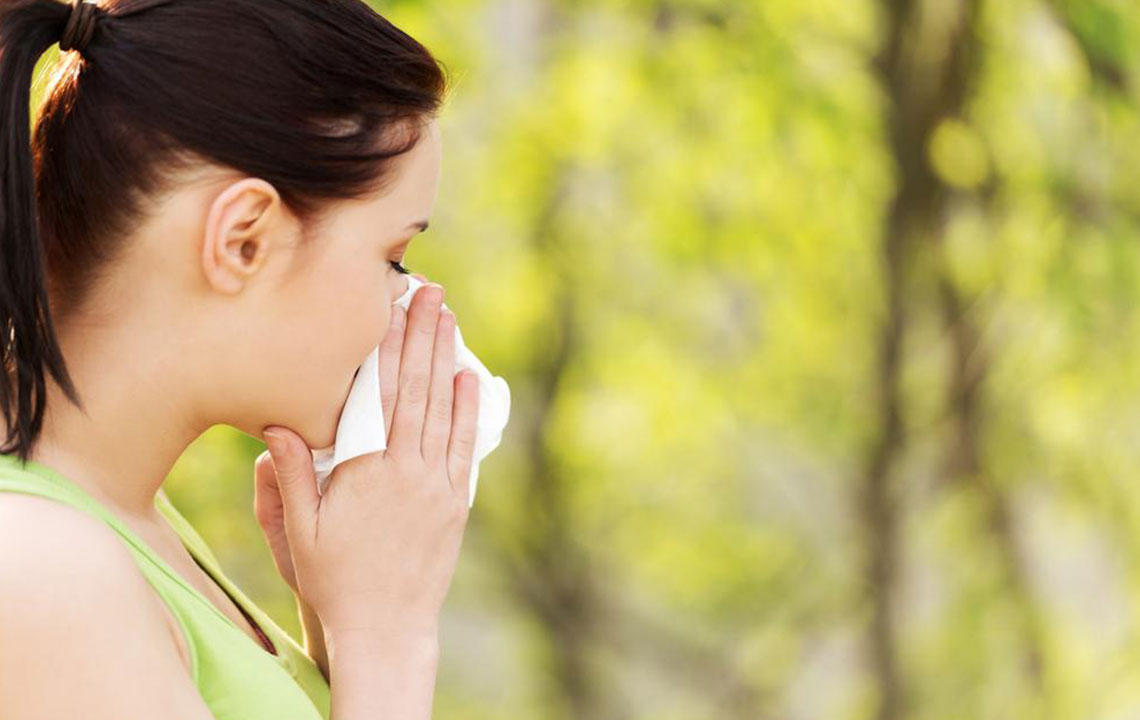How to Check For Signs of Pollen Allergies
The onset of spring and summer is meant to be all about sunshine, colors, and outdoor trips. But is that not the case with you? Do you associate change of seasons with watery eyes, loss of voice, red nose, and going through endless boxes of tissues? Do you notice that there is a pattern to your allergy and you see them arrive at the same time every year? If you nodded for the above questions, then you are highly likely to suffer from a pollen allergy, hay fever, or as the doctor’s like to address it, allergic rhinitis.

But the good news is that you are not alone. It is estimated that more than 25 million Americans suffer from signs of pollen allergies. It is also observed that kids are more vulnerable to catch season allergies than adults. You might be looking for ways to make your life allergy friendly by looking up treatment methods. But if you want to know the best reliefs, you must need to know more pollens, its causes, and the signs of pollen allergies. Let’s start by knowing what are pollens and how do they affect us.
What are pollens?
Pollens are powdery substances found in flowering plants, which help the plants reproduce their own species. Though some of the population is neutral to these pollens, there is a whole different set of people who are highly sensitive to them. Note that not every flowering plant causes pollen allergy. This is because only some plants like ragweed, oak, maple, etc., transfer pollens by releasing it in the air. Other plants use insects as the medium to transfer the pollen.
Symptoms and signs of pollen allergies
The signs of pollen allergies can be as simple as sneezing and coughing to something as fatal as tightness in chest and difficulty in breathing. The smart thing to do is to see an allergist and start your medication immediately if you are suspicious of having an allergy. The signs are visible due to the histamine produced by your immune system. They act as guards of your house and try to get rid of the foreign particles that have entered the body. So, the next time you go on a sneezing-coughing spree, be thankful that your body is trying its best to defend and protect you.
Some of the common signs of pollen allergies are:
- Sneezing.
- Coughing.
- Red, watery eyes.
- Nasal congestion/stuffy nose.
- Itchy throats and loss of voice.
- Decreased sense of taste and smell.
- Worsening of asthma condition.
How to detect signs of pollen allergies?
The most common allergy test is the skin prick test. In this, the allergy specialist will prick different areas of your skin and introduce various types of allergens into your body. If you are allergic to any of the allergens injected, you will see your skin turn red or swollen within 15–20 minutes of the test. This will help the allergist to narrow down the potential allergens and find out exactly what you are allergic to. In some cases, you will have to do a blood test to find your allergy.
Hacks for allergy-friendly life
You might already know this that once you show signs of pollen allergies, it stays for years or in most cases for a lifetime. So, the only thing you can do is that make your surrounding allergy friendly and keep your allergy in check. The best thing to do is to try out all the available treatments and see what works best for you. There are various approaches when it comes to allergy treatments. Allergy shots are one of the popular approaches for treating pollen allergies, where every week, the doctor introduces a small amount of allergen into your system and eventually your body becomes resistant to it and learns to cope better. There are also some over-the-counter drugs which help with the symptoms of the allergies. But again, many people complain that they serve short-term purposes and eventually they stop working on you. With proper medication and some conscious lifestyle changes, you can make your situation more bearable.
These are some tips on how to tackle pollen allergies:
- Drink plenty of water.
- Avoid oranges, tomatoes, banana, cucumber, and all food items that might act as triggers to your case.
- When you are out during the day, try wearing sunglasses to protect your eyes and always cover your face with a scarf.
- Don’t keep your house and car windows open for too long during summers and springs.
- Invest in the best air purifiers for your house to make sure that you stay clear of the allergens.
Signs of pollen allergies are easy to identify and it is not something which goes unnoticed. If you do not get your pollen allergies treated, it will surely meddle with your daily life. Make sure that you do not let it define you. Get treated from the best allergy specialist and lead a healthy life.


